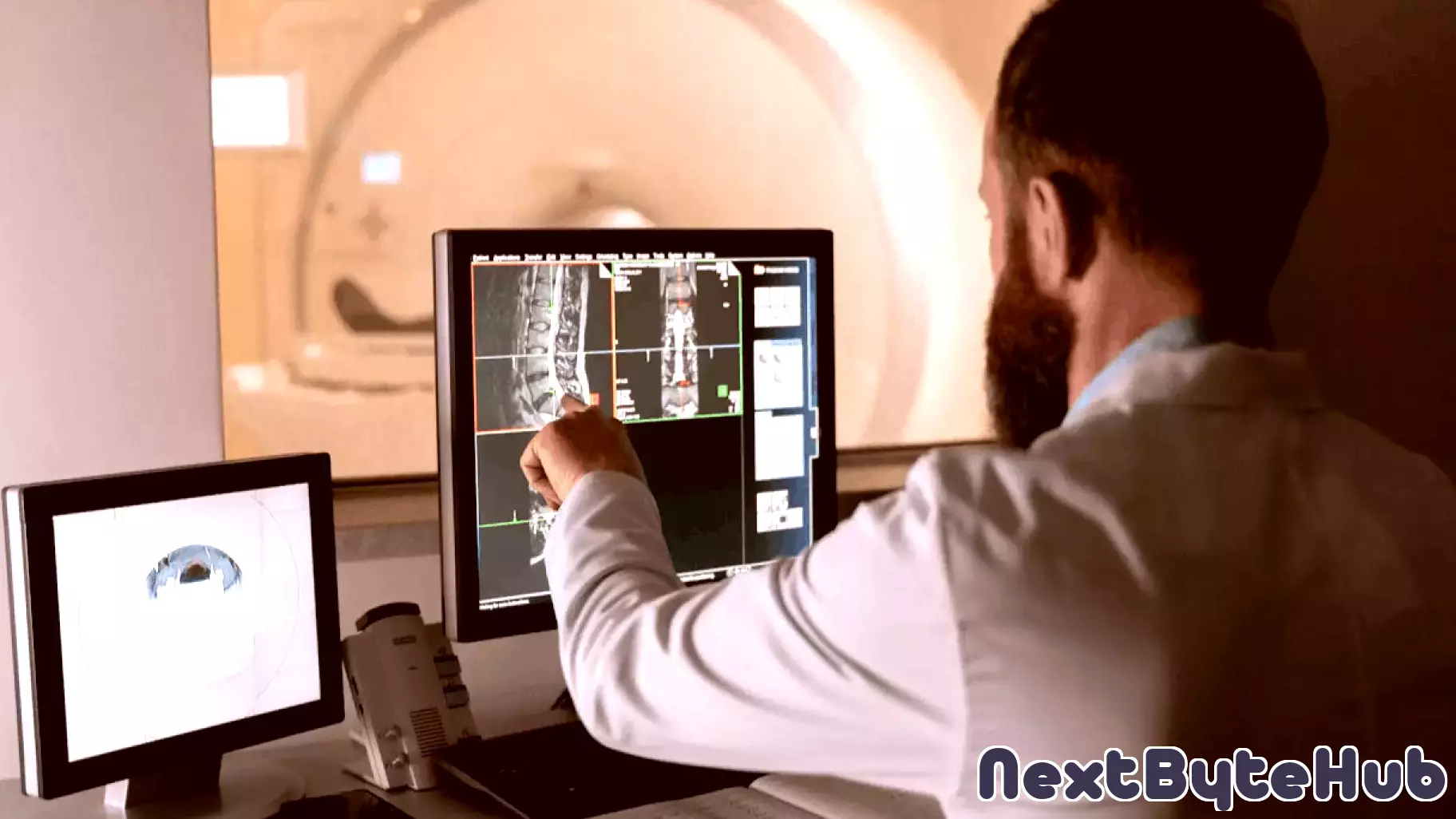The Revolutionary Role of AI in Medical Imaging and Diagnostics
February 15, 2025 - 12:05

Artificial intelligence (AI) is rapidly transforming the landscape of medical imaging, offering unprecedented advancements in efficiency and accuracy. Physicians are increasingly integrating AI technologies into their diagnostic processes, enabling quicker and more precise interpretations of medical images. This shift not only enhances the quality of patient care but also streamlines workflows within hospitals.
AI algorithms are designed to analyze vast amounts of imaging data, identifying patterns that might be missed by the human eye. This capability allows for earlier detection of conditions such as tumors or fractures, which can be crucial for effective treatment. Additionally, AI can assist radiologists by prioritizing cases based on urgency, thereby optimizing the use of resources and reducing wait times for patients.
As hospitals continue to adopt these technologies, the potential for improved outcomes and operational efficiency grows. The integration of AI in medical imaging is not just a trend; it represents a fundamental change in how healthcare providers approach diagnostics, ultimately leading to a more effective healthcare system.
MORE NEWS

February 3, 2026 - 03:14
Wake Schools considering new internet filtering, monitoring technologyIn response to growing concerns from students, staff, and families, the Wake County Public School System is actively considering the adoption of new internet filtering and monitoring technology....

February 2, 2026 - 18:16
From Veteran to Higher Education Leadership: Insights into the Technology FieldDr. Mark McKinney, a veteran and Dean of the College of Computer Information and Technology (CCIT), is applying the discipline and strategic perspective forged in military service to the evolving...

February 2, 2026 - 02:32
North America’s top computer vision scientist Liang Jie returns to ChinaDr. Liang Jie, widely recognized as one of North America`s foremost computer vision scientists, has concluded his tenure abroad to join a leading Chinese university. The move marks a significant...

February 1, 2026 - 20:14
How to Apply the 'Tyrant Test' to TechnologyA provocative new concept is emerging in legal and technology circles, urging the public to scrutinize the gadgets and platforms they use daily through a stark lens: could this technology be easily...